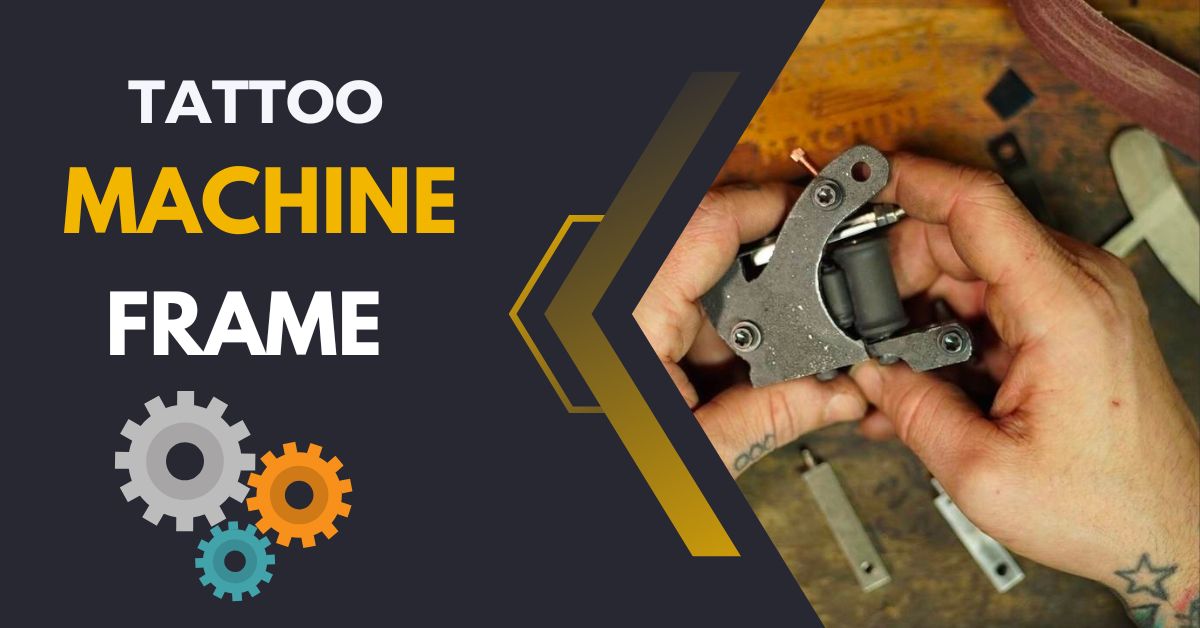Introduction
In the world of tattooing, the tattoo machine frame is the unsung hero behind the mesmerizing ink designs adorning the skin of countless individuals. This crucial component is often overlooked, but its significance cannot be understated. A tattoo machine frame acts as the foundation, providing stability, precision, and control for tattoo artists to unleash their creativity and craft extraordinary artworks. This article delves into the intricate details of the tattoo machine frame, exploring its types, materials, functionality, and the impact it has on the art of tattooing.
The Basics of Tattoo Machines
Before we delve deeper into tattoo machine frames, let’s briefly understand the basics of tattoo machines. Tattoo machines are handheld devices that use electromagnetic coils to drive needles in and out of the skin, depositing ink and creating permanent designs. These machines consist of several components, including the frame, coils, armature bar, front and back springs, contact screw, and needle bar.
Tattoo Machine Frame: The Foundation of Tattooing
Tattoo machine frames, also known as tattoo machine bodies, are the structural bases upon which the entire tattoo machine is built. These frames house the essential components of the tattoo machine, such as the coils, armature bar, front and back binding posts, contact screws, and springs. They serve as a platform to hold these elements in place, ensuring optimal alignment and performance during the tattooing process.
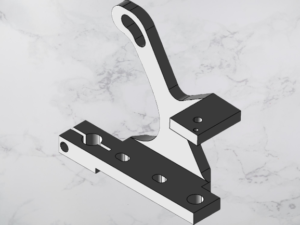
The Purpose of Tattoo Machine Frames
The tattoo machine frame serves as the main structure that holds all the components together. It provides stability, ensures proper alignment of the parts, and minimizes vibrations during the tattooing process. The frame also acts as a heat sink, dissipating excess heat generated by the coils.
Materials Used in Tattoo Machine Frames
Tattoo machine frames are typically made from various materials, including iron, steel, brass, and aluminum. Each material has its characteristics, influencing the machine’s performance and durability. Iron frames are known for their stability, while aluminum frames are lightweight and offer excellent maneuverability.
Cast Iron Frames: Cast iron frames are a classic choice, known for their durability and weight. They provide stability and reduce vibrations during tattooing, contributing to precise and controlled needle movements.
Brass Frames: Brass frames offer excellent electrical conductivity, which translates to consistent tattoo machine performance. Additionally, they exhibit a distinctive aesthetic appeal, making them a popular choice for artists who value both functionality and style.
Steel Frames: Steel frames strike a balance between cast iron and brass frames. They are relatively lightweight yet robust, providing artists with versatility and ease of use.
Aluminum Frames: Aluminum frames are favored for their lightweight nature, reducing fatigue during extended tattooing sessions. However, their softer composition may require careful handling to prevent damage.
Custom Frames: Transitioning into the discussion of custom frames, so it is important to highlight that these frames are meticulously tailored to suit the precise preferences and needs of individual tattoo artists. Notably, they are often meticulously handcrafted, enabling the incorporation of unique designs that impart a personalized and distinctive feel. Due to their high level of customization, custom frames hold a special place of value and admiration among dedicated tattooing enthusiasts
Different Types of Tattoo Machine Frames
There are several types of tattoo machine frames available, each with its unique design and functionality. Some common types include:
Coil Tattoo Machine Frames
These frames are the traditional choice and feature electromagnetic coils that move the armature bar up and down. They are versatile and suitable for various tattooing styles.
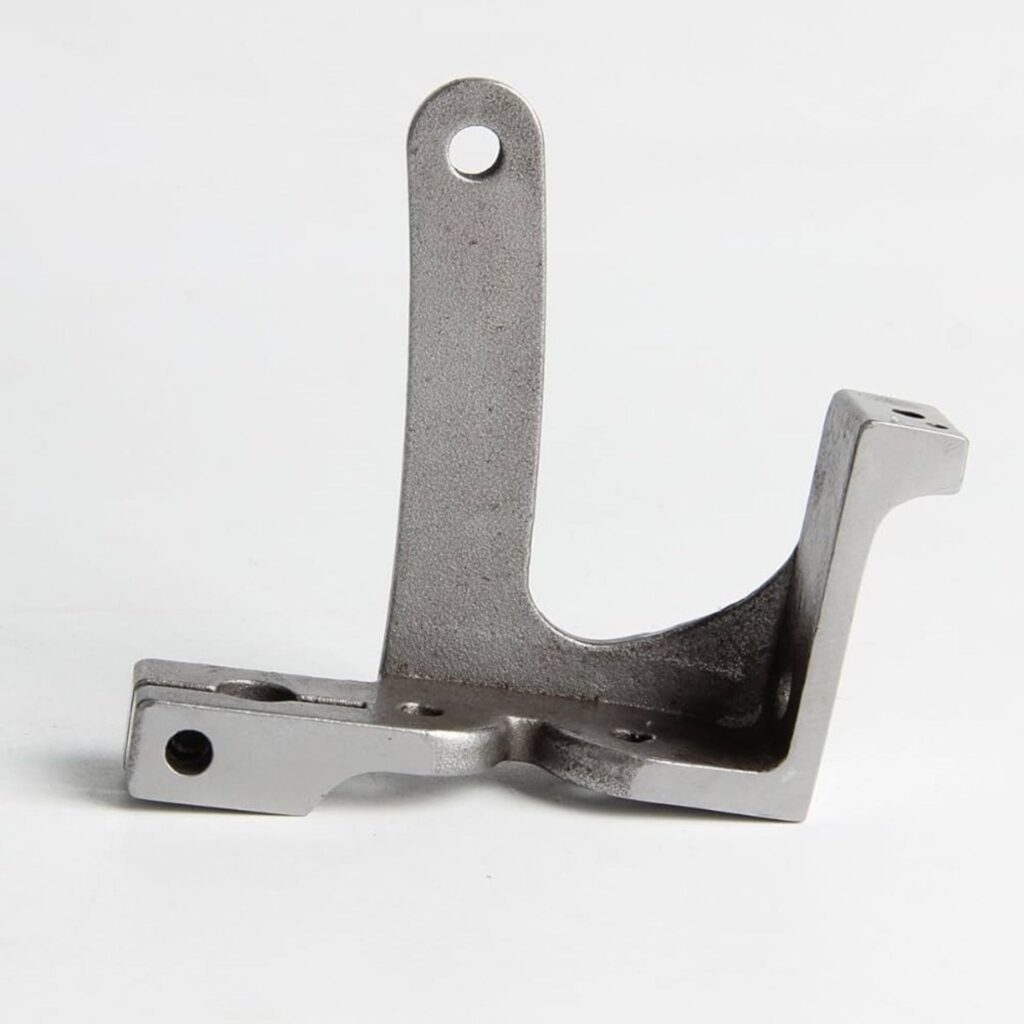
Rotary Tattoo Machine Frames
Rotary frames use a rotary motor to drive the needle instead of electromagnetic coils. They offer a quieter operation and are often favored by artists specializing in intricate designs.
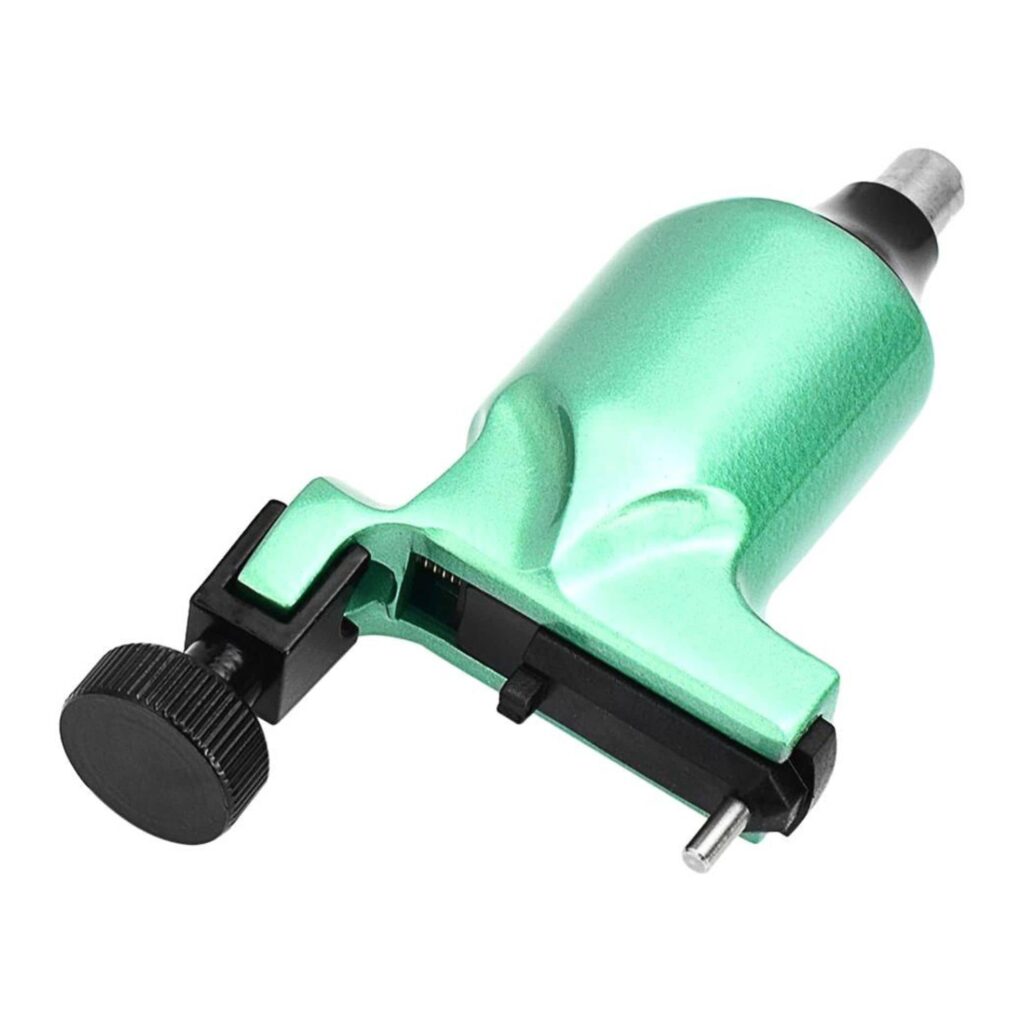
Liner and Shader Frames
Liner frames are designed for creating clean lines, while shader frames are used for shading and coloring. Some machines have interchangeable frames to switch between lining and shading effortlessly.
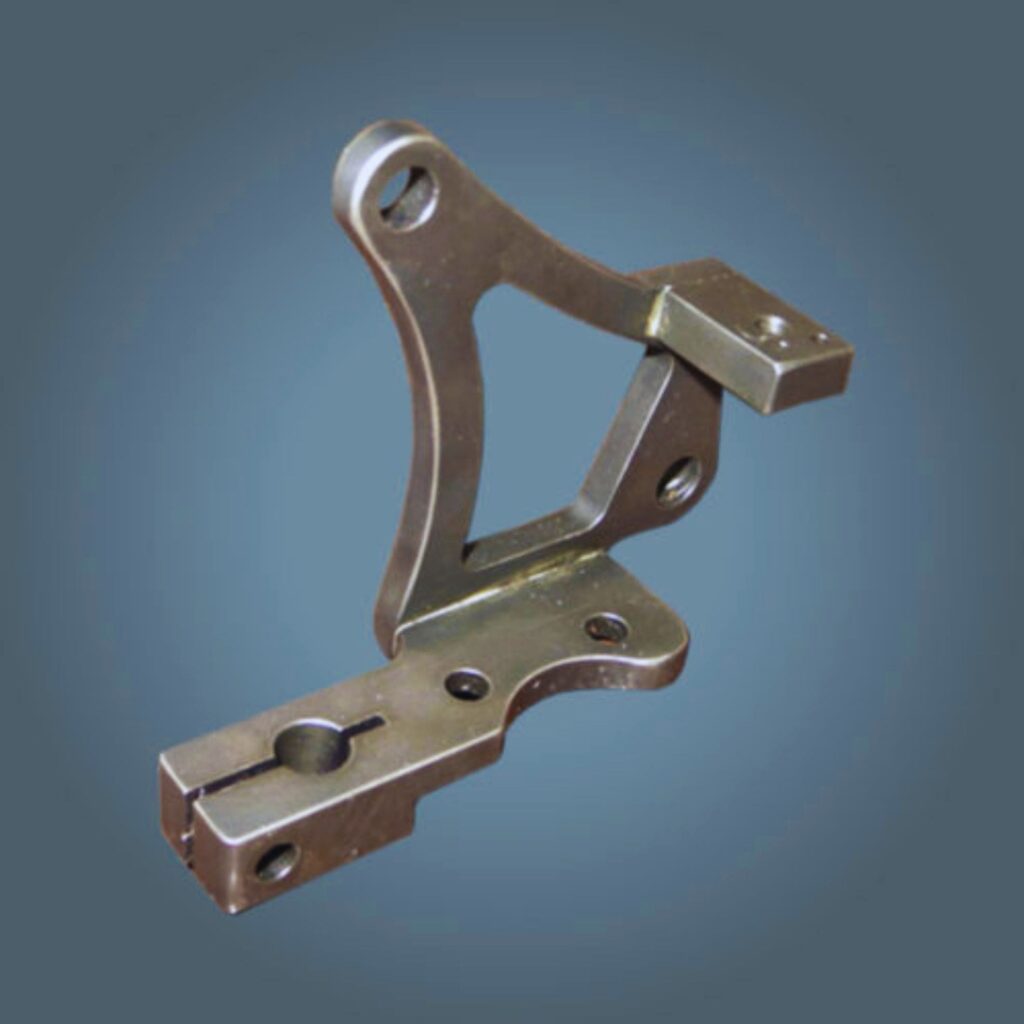
Components of a Tattoo Machine Frame
A tattoo machine frame consists of various interconnected components, each playing a vital role in the machine’s functionality. Understanding these elements is essential for both tattoo artists and enthusiasts:
Coils
The coils are electromagnetic components that create the reciprocating motion of the tattoo machine’s needles. They are mounted onto the frame and generate the necessary power for the tattooing process.
Armature Bar
The armature bar is connected to the coils and transfers the vertical motion generated by the coils to the tattoo machine’s needles. It plays a crucial role in determining the speed and depth of the needle penetration.
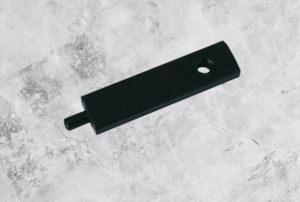
Front Binding Post
The front binding post is a threaded screw that secures the front end of the tattoo machine’s springs, which are vital for the machine’s proper functioning.
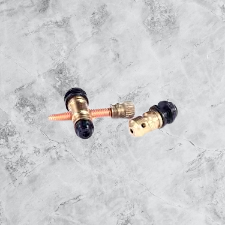
Rear Binding Post
The rear binding post is another threaded screw that secures the back end of the tattoo machine’s springs. It completes the electrical circuit necessary for the machine’s operation.
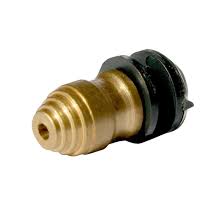
Contact Screw
The contact screw is an adjustable component that controls the distance between the front and rear springs. It regulates the machine’s stroke length and the depth of the needle’s penetration into the skin.
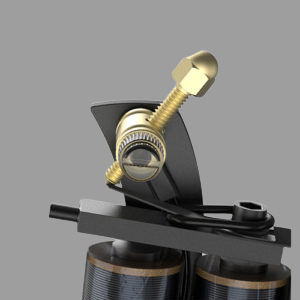
Frame Grips
The frame grips are the handles of the tattoo machine, providing a comfortable and secure grip for the tattoo artist. They are usually made of rubber or other materials that reduce vibration and enhance control.
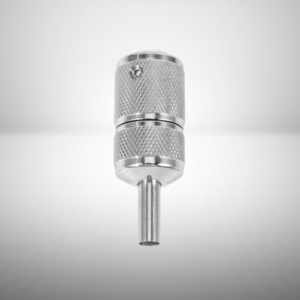
Springs
Tattoo machine springs act as the suspension system, balancing the movement of the armature bar. Generally, they play a pivotal role in determining the machine’s responsiveness and sensitivity.
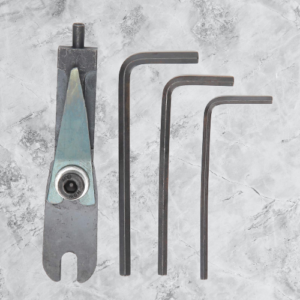
Factors to Consider When Choosing a Tattoo Machine Frame
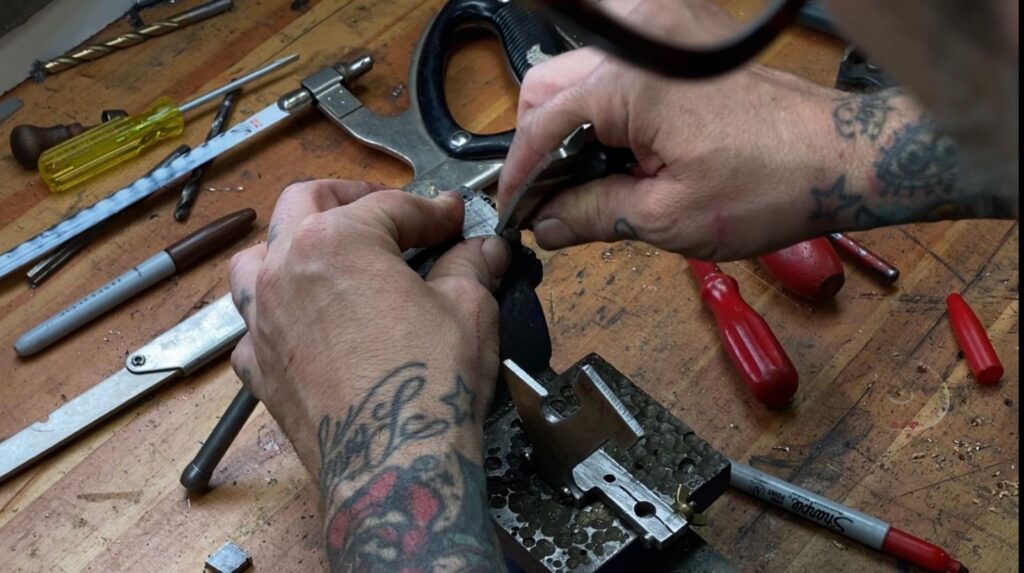
When selecting a tattoo machine frame, several factors should be taken into account. These factors ensure optimal performance, comfort, and durability for the artist. Here are some essential considerations:
Tattooing Style
Different tattooing styles require specific machine behaviors. For intricate detailing, artists may prefer a frame with adjustable contact screws to control the stroke length accurately.
Weight and Balance
The weight and balance of a tattoo machine frame play a crucial role in the artist’s control and maneuverability. It should feel comfortable in hand and allow for precise movements without causing strain or fatigue during long tattoo sessions.
Ergonomics and Comfort
Ergonomics is vital to prevent hand cramps and ensure a comfortable grip. Look for frames with ergonomic designs that fit the natural contours of your hand. This allows for better control and reduces the risk of slipping or wobbling during tattooing.
Durability and Sturdiness
A tattoo machine frame should be robust and able to withstand the rigors of daily use. High-quality materials like stainless steel or aircraft-grade aluminum offer durability, reducing the need for frequent repairs or replacements.
Customizability
Some artists prefer customizing their machines to suit their unique style and preferences. Consider frames that allow for customization, such as interchangeable parts or adjustable features, to achieve the desired tattooing experience.
Noise Level
The construction and material of the frame contribute to the noise generated by the tattoo machine. Well-designed frames minimize noise, creating a more pleasant environment for both the artist and the client.
Aesthetics
Tattoo artists often take pride in their equipment’s appearance. The visual appeal of the frame can add a sense of personality to the artist’s kit and studio.
The Role of Tattoo Machine Frames in Tattooing
Tattoo machine frames are the backbone of tattooing artistry. They provide the necessary stability and structure for artists to achieve precision and control over their tattooing process. So, well-constructed frame ensures smooth needle movements, reducing discomfort for the client and allowing the artist to focus solely on their artistic expression.
Popular Tattoo Machine Frame Brands
The market is brimming with various tattoo machine frame brands, each offering their unique designs and features. Some popular brands renowned for their quality and performance include Cheyenne, FK Irons, Bishop Rotary, Stigma Rotary, and InkJecta.
Maintenance and Care of Tattoo Machine Frames
To ensure the longevity and optimal performance of your tattoo machine frame, it is vital to observe proper maintenance. This entails undertaking regular cleaning, lubricating the moving parts, and ensuring the frame remains free from excess ink and debris. By following these essential steps, you can effectively maintain the functionality of your machine for a prolonged period.
Conclusion
The tattoo machine frame is the unsung hero of tattooing, providing stability, precision, and control that enable tattoo artists to transform their creativity into breathtaking artworks. Whether made from cast iron, brass, steel, or aluminum, the choice of frame material is pivotal for an artist’s career. Understanding the components that make up the frame and their role in the tattooing process empowers artists to make informed decisions when selecting their tattoo machine.
Remember, the right tattoo machine frame is not just a tool; it is an extension of the artist’s soul, guiding their hands to create lasting imprints of art on the human canvas. So, embrace the artistry and craftsmanship of the tattoo machine frame, and let your creativity flow boundlessly. Happy tattooing!
